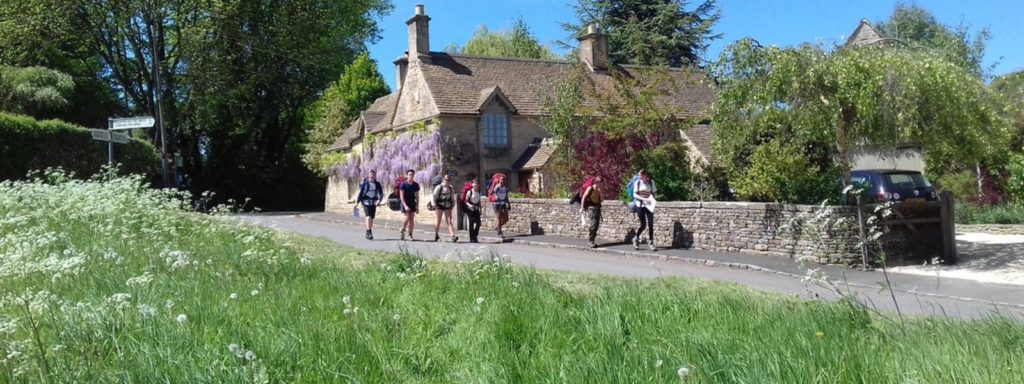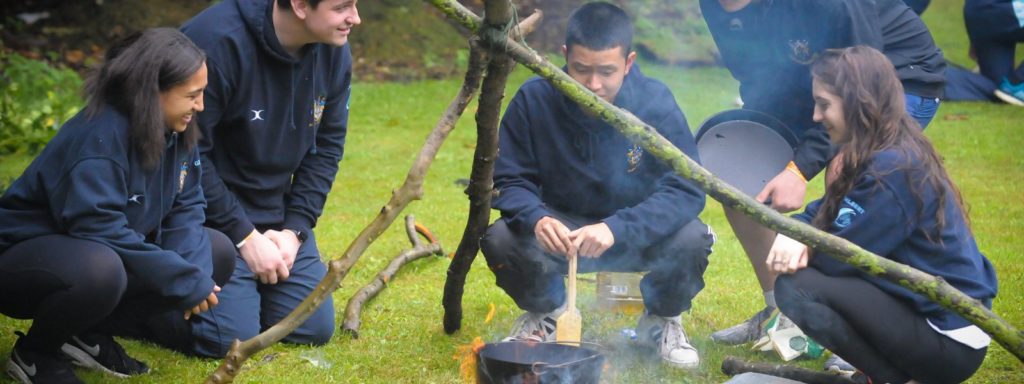What is the award all about?
The Duke of Edinburgh’s Award offers an individual challenge to young people between the ages of 14 and 25. It consists of a balanced, non-competitive programme of voluntary activities, which encourages personal discovery and growth, self-reliance, perseverance, responsibility to themselves and service to the community. In order to gain an award a student must show improvement through persistence and achievement.

What are the benefits of participation?
Universities and future employers are often keen to interview candidates who have gained Duke of Edinburgh’s Awards, because they know that such involvement means a young person is proactive and may have developed a whole host of skills.
What is meant by Bronze, Silver and Gold awards?
There are three levels of award: Bronze, Silver and Gold. Each level is rewarded with a certificate and badge. Anyone completing the Gold level is invited to St James’s Palace in London to receive their certificate and to meet the Duke of Edinburgh himself.

Who can take which awards?
Bronze award is available from the start: the F Block (Year 9) can complete their skill and physical recreation, then complete their volunteering and expedition in the E Block (Year 10). The Silver award is available to those who have completed their Bronze award and to new entrants. The Gold award can be started as soon as a student reaches their 16th birthday, whether or not they have completed any awards previously.
What has to be done to gain an award?
At Gold level there are five sections.
- Volunteering – pupils offer service to individuals or the community. This can range from teaching primary pupils to read, visiting the elderly, clearing footpaths to recycling within the School.
- Skill – this essentially means a hobby. It encourages discovery and development of practical and social skills and personal interests.
- Physical Recreation – Encourages participation/improvement in physical activity.
- Expedition – this encourages a spirit of adventure and discovery. At all levels of the award, appropriate training is given and practice expeditions take place.
- Residential (Gold level only) – this broadens young people’s experiences through involvement with others in a residential setting for at least four nights.
How does all this fit into students’ busy lives??
Rugby’s extensive programme of Wednesday afternoon activities affords numerous opportunities for the volunteering section. Those playing in teams can use their match practices towards their physical recreation, whilst others enjoy participating in extra clubs. Skills are taken up in the pupils’ own time. Expeditions happen at different times of year: Bronze, at Easter, often in the Peaks, North Devon or Norfolk; Silver, post-GCSE, in Shropshire; and Gold during the first week of the summer holidays, and occasionally October Exeat, in a range of locations including the Black Mountains, the Peak District and Snowdonia.

